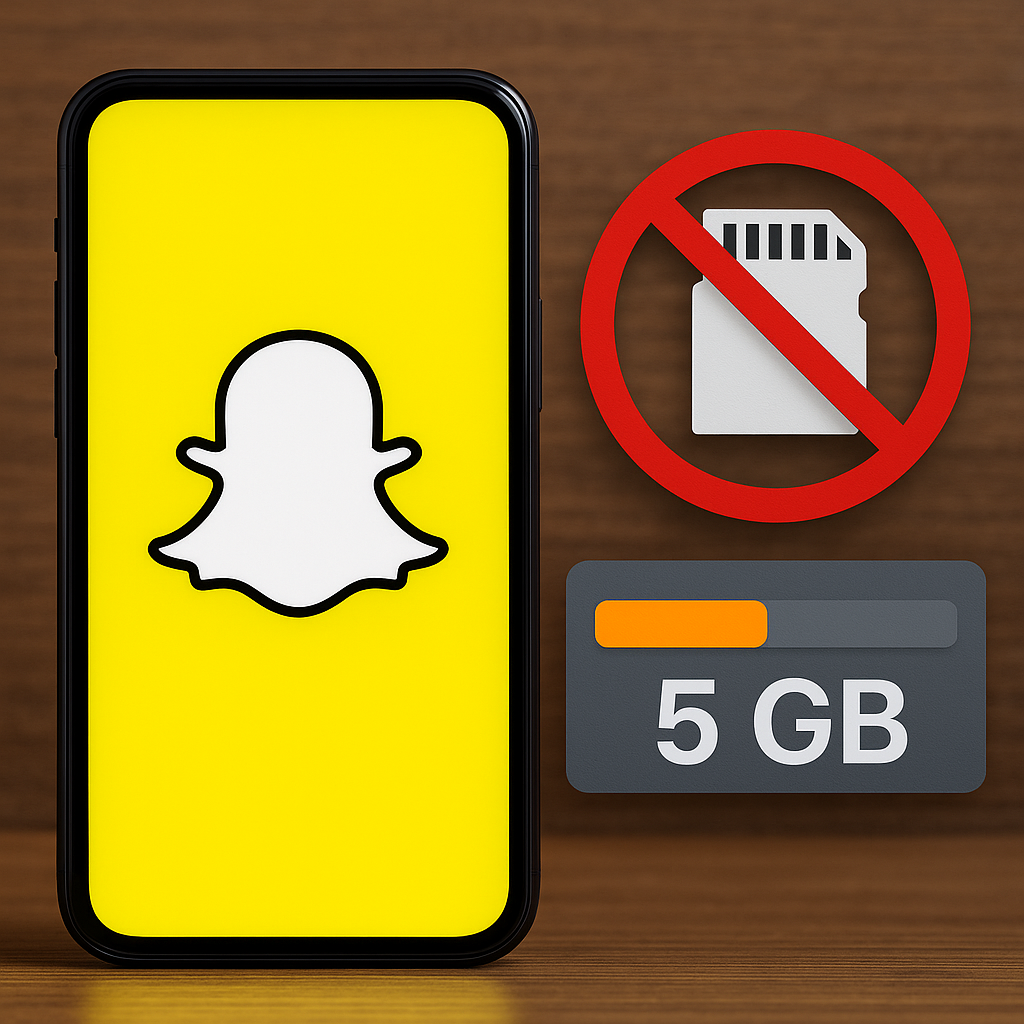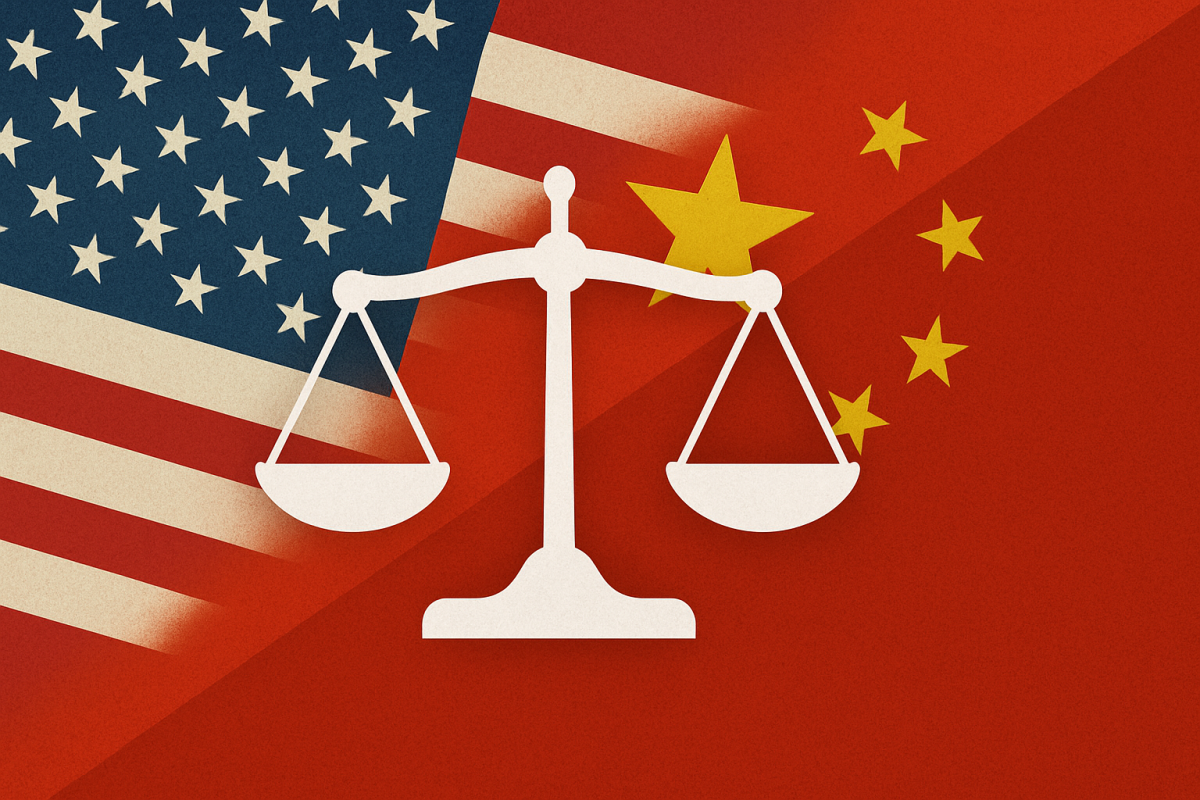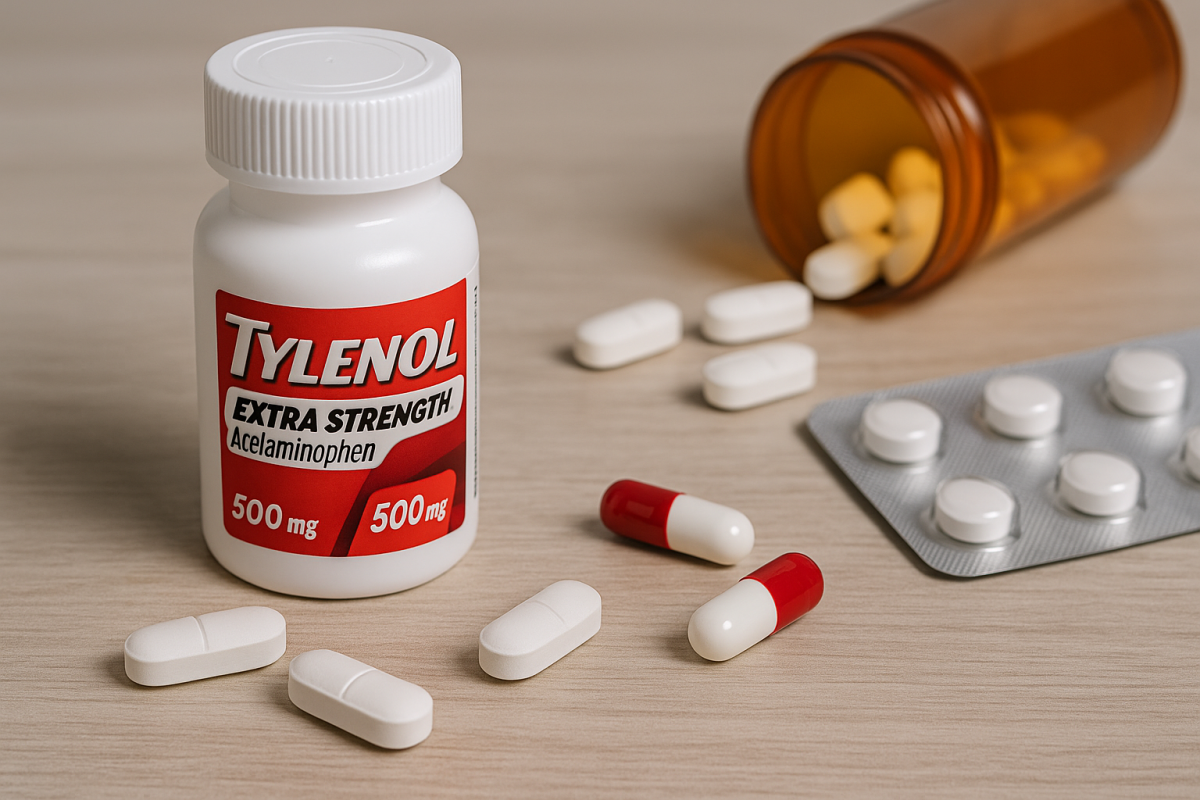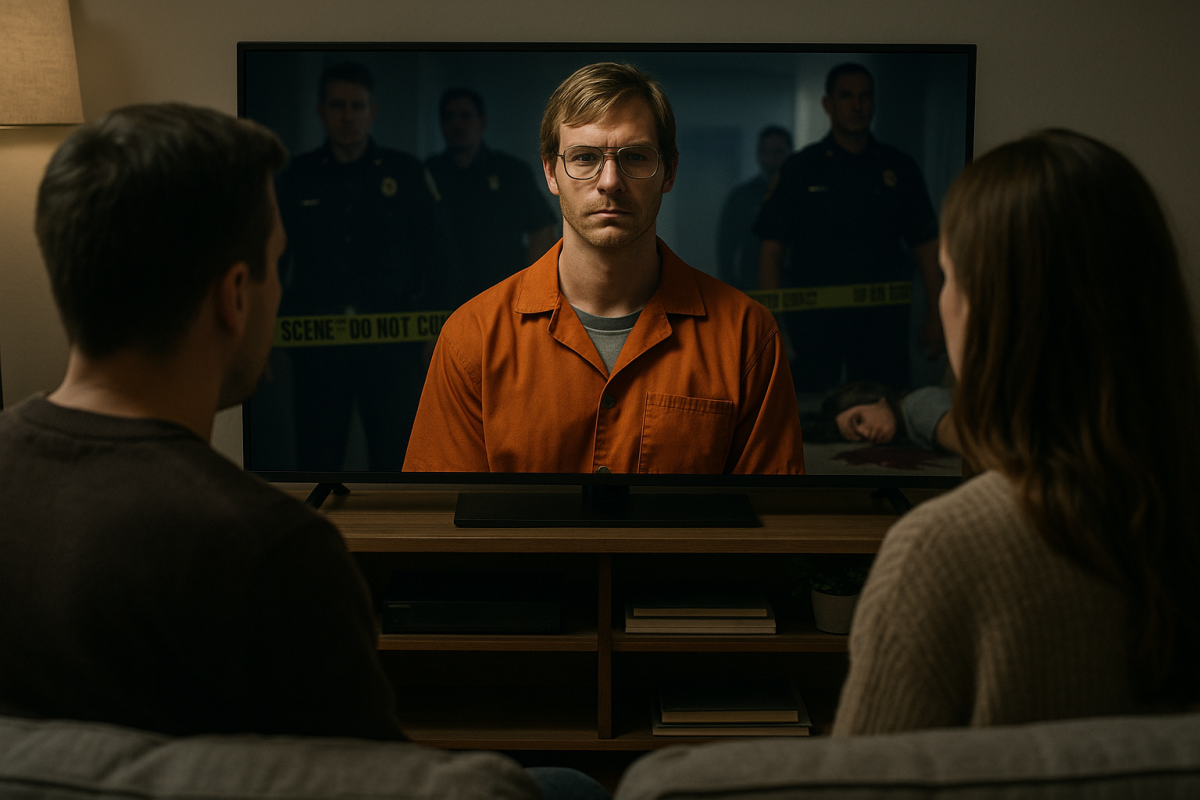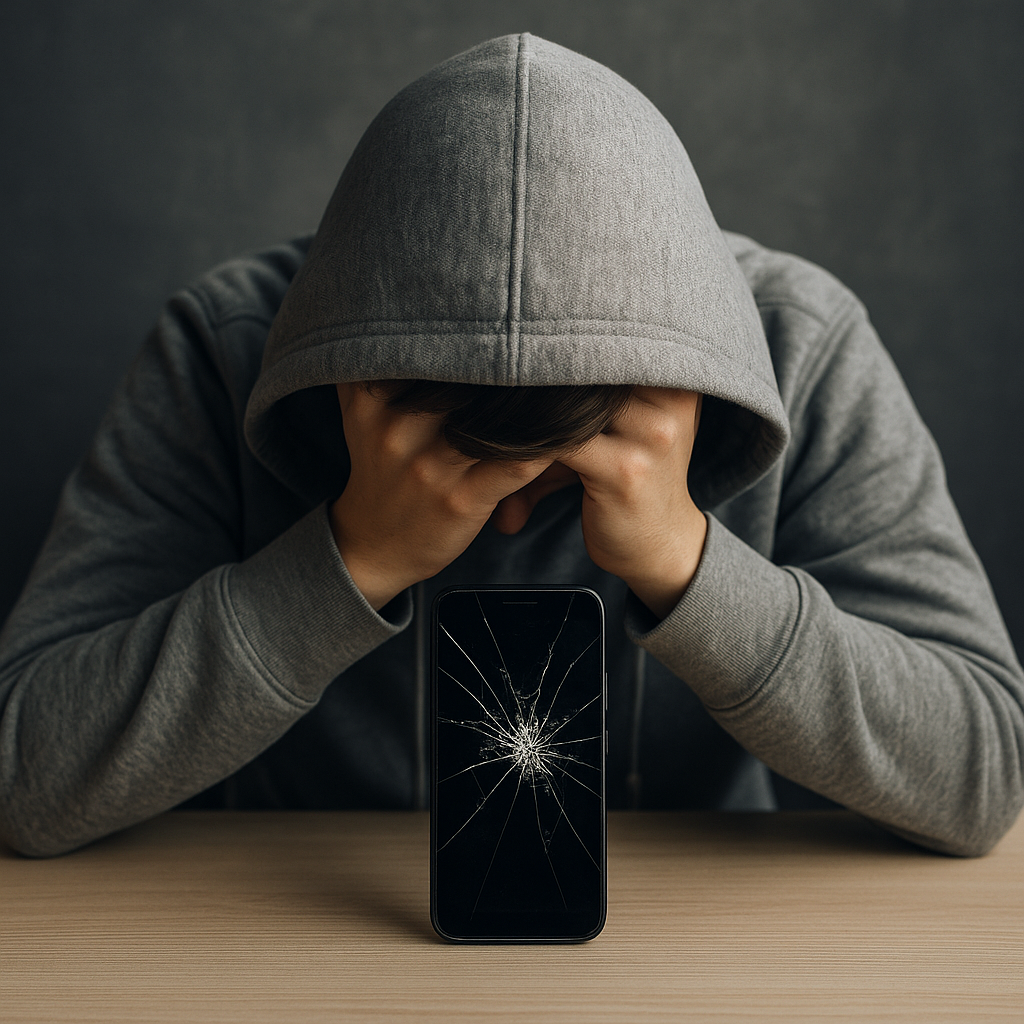Social media has become deeply ingrained in everyday life, but its impact on mental health continues to raise concern. Studies have linked heavy use of social networking platforms to increased risks of depression, anxiety and low self-esteem.
A review by Stanford researchers found consistent associations between social media use and psychological distress. The American College of Pediatricians and the American Academy of Pediatrics have also warned that excessive screen time is linked to attention issues, aggression, and depression in children and teens. As technology becomes more accessible, these effects are being seen at younger ages.
Younger users are especially vulnerable to harmful content and online behavior such as cyberbullying. Many parents allow children unrestricted access to phones and social media without setting limits on usage or monitoring content. This lack of boundaries exposes kids to inappropriate material and increases the pressure to compare themselves to unrealistic online portrayals.
In my opinion, children under 15 should not have unrestricted access to social media. There should be stronger regulations that hold companies accountable for prioritizing user well-being over engagement and profit. Platforms could be required to conduct regular mental health impact assessments and offer better access to support resources.
Social media companies also need stricter content moderation policies to reduce harmful and toxic posts. Users, parents, and policymakers share responsibility for creating healthier online environments. Teaching digital literacy, setting screen time limits, and fostering offline relationships can help protect mental health.
Social media can connect people, but it also has the power to harm if used carelessly. Recognizing both faces of the feed—the social and the psychological—is the first step toward using it responsibly.


